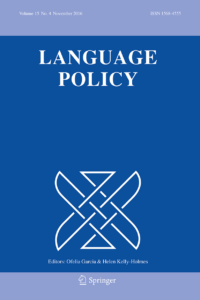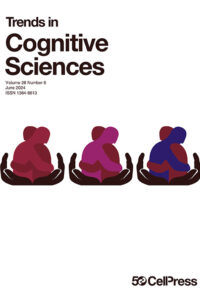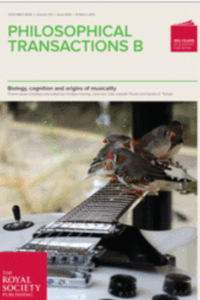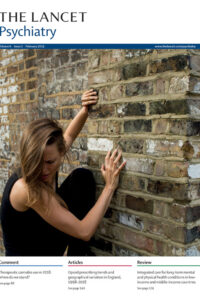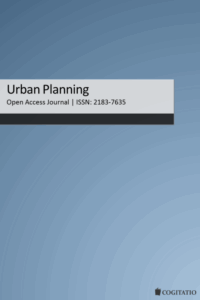This paper discusses data from a Dutch-medium secondary school in Brussels where almost all pupils speak a different language than Dutch at home. It illustrates that teachers’ preference for maintaining the school’s monolingual policy did not preclude their creation of haphazard or humorous multilingual interstices that temporarily alleviated the friction between the school language policy and the reality of pupils’ linguistic repertoires, and promoted the construction of an agreeable classroom climate. The paper argues, however, that these multilingual interstices also suggested ideal models of language use across differently valued discursive zones at school, and that the inclusion of unofficial linguistic resources in specific discursive slots implied their exclusion in other, more important ones. The scarce openings for linguistic diversity that teachers made, in other words, at the same time socialized pupils into the broader sociolinguistic hierarchy that creates their own disfluency and problematization.
Modelling Linguistic Diversity at School
the excluding impact of inclusive multilingualism
